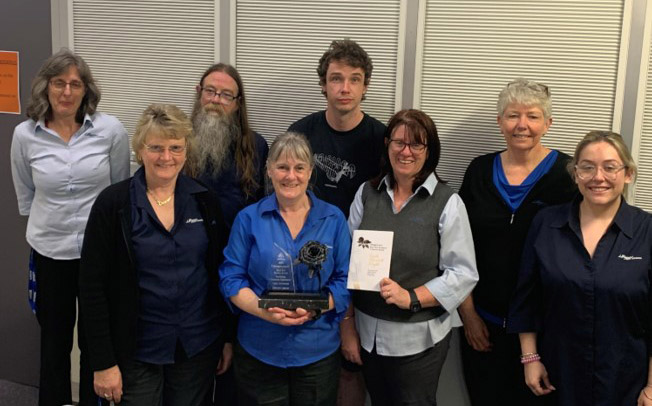NSA consultant can assist you
One of the benefits of National Seniors Australia membership is access to our Financial Information Consultant. We offer this service to our members so they are better prepared to make their own informed decisions about everyday financial issues.
Topics you may wish to discuss include the Age Pension and other Centrelink payments, superannuation, taxation, downsizing, Home Equity Access Scheme, inheritance rules, aged care, estate planning, and moving into retirement villages.
Uncertainty around the Age Pension and fear of not having enough money to live a comfortable retirement is a major worry for Australians who are already retired or preparing for retirement.
The uncertainty exists because people believe they don’t know how much they will need in the future.
That is compounded by anticipated increases in the cost of living, perceived constant changes to the administration of retirement income regimes (including the Age Pension, superannuation, and property tax arrangements), unknown life spans, and unpredictable personal health.
National Seniors Australia research has found that people who are likely to feel prepared for ageing have two important things in common: greater wealth and good health.
Our 2023 study into ageing preparedness found that financial security in retirement is dependent on an uninterrupted employment history for establishing a healthy super balance, and on home ownership.
However, groups such as carers, divorcees, or those with complex mental health conditions are without these options due to structural factors and systems that do not accommodate or support their circumstances.
While nearly 40% of survey respondents said they were confident in their retirement planning, 60% expressed various levels of uncertainty and negativity about being financially prepared or not having enough money to live on in retirement.
Our 2020 study, Retirement Income Worry, found the degree of worry about retirement income was:
68% higher in those not already retired – previous work has indicated that people adjust to their actual circumstances in retirement, whether they planned for them or not
65% higher in those who have less than $500,000 in savings – this is as expected, since they may not have the money to pay for a “comfortable” retirement
53% higher in those who expect their main source of income in retirement to be the Age Pension – this is expected because it is a minimum basic income with accompanying worry about “making do”
47% higher in women.
A new financial services survey confirms not having enough money and lack of planning knowledge are major concerns.
The Colonial First State (CFS) study found more than three out of five people nearing retirement do not understand whether they will be eligible for an Age Pension.
This led to media commentary that uncertainty could leave people working longer than they need to, or worrying unnecessarily that their nest egg is too small.
According to the CFS report, people over-estimate how much they need to retire. It found unretired Australians estimate they need $1.6 million for a comfortable retirement. This far exceeds the $595,000 (single) and $690,000 (couple) super balances the Association of Superannuation Funds of Australia estimates a retiree at age 67 needs for a comfortable retirement (if they own their own home and have reasonable health). Such high expectations may be a source of stress among pre-retirees.
The survey found just 38% of 50 to 64-year-olds understand their Age Pension eligibility, and only 37% understand how to access the pension.
“It’s not surprising, particularly when you consider that less than one in three understand retirement planning or how their life might change in retirement,” Colonial First State head of technical services, Craig Day, said.
Age Pension income test: a single person can have income up to $63,000 per year and still receive a part Age Pension. A couple can have income just over $96,000 combined per year and still receive a part pension.
Age Pension assets test: there are different thresholds depending on whether you are a homeowner or non-homeowner, with higher thresholds for non-homeowners. For single homeowners, the value of the home doesn’t count as an asset, and they will receive at least a part pension if their assets are below $674,000. For single non-homeowners, the cut off threshold is $916,000.








